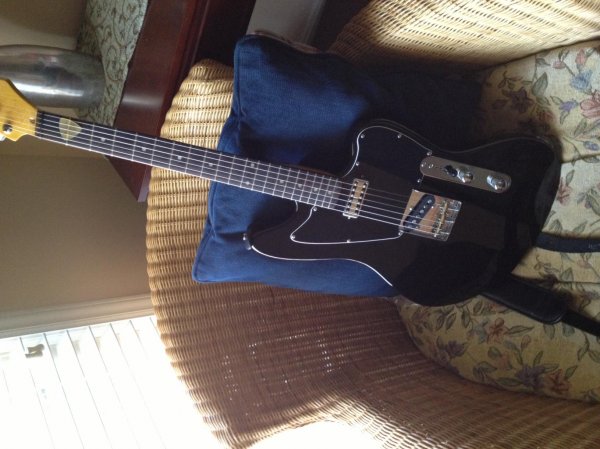This old road? Then I suppose it's ok to repeat myself:
When you listen to live music, it is processed, beyond recognition, by the most powerful post-production audio processor on the planet -- your brain. It receives information from the performance, from the envirnonment; it filters out the hash and focuses on the music. The mumbling audience, the rustling clothes, the cough from three rows behind you, even the reflected sound of the music gets very effectively pushed to the background as the processor focuses on what it came to hear.
When you listen to your system play a recording in your listening room, the processor works in the same way, but then it processes that environment. Even if you had recordings in your collection that captured the sound from your favorite seat in your favorite hall, you would not have this mythical reference. You'd just have bad recordings. Because for some reason I do not understand, the "processor" seems to process the environment it's in only. It doesn't address the environment the recording was made in.
Or at least that's how it seems to be. Get the best recording device and the best stereo microphone pair you can find, and record a concert from your seat, right above your ears. Take it home, plug it into your system and play it back. You will understand that we're trying to use steak to reference the flavor of apples.
Now, understanding the nuances of what real instruments sound like, that's useful. And very difficult to get in most concert situations.
Tim








